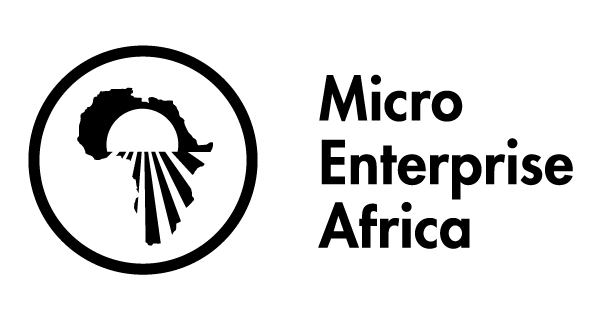Long associated with the great Scottish explorer, David Livingstone, Nyasaland was established as a British protectorate in 1891. The country gained independence in 1964 and initially enjoyed a relatively long period of stability under Hastings Banda.
Today Malawi is among the world's least developed countries. The economy is heavily based on agriculture, with a largely rural population and the Malawian government depends heavily on outside aid to meet development needs. Malawi has a low life expectancy and high infant mortality rate. There is a high prevalence of HIV/AIDS.
Most of Malawi’s 16 million population rely on subsistence farming, but the food supply situation can be precarious and the country is prone to natural disasters. The government's programme of fertilizer subsidies has boosted output in recent years, but there is still an urgent need to increase farm skills and productivity.
The Governments is keen to develop the business sector but the standard of education is probably not as high as 10 years ago and the banks stifle emerging businesses with interest rates of around 50%.
Key economic challenges for the country are to improve the productivity of its smallholder farming population and also to develop the conditions which will allow the private sector to flourish.






